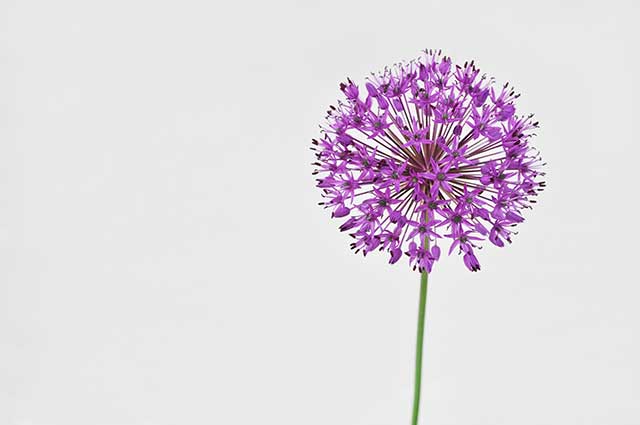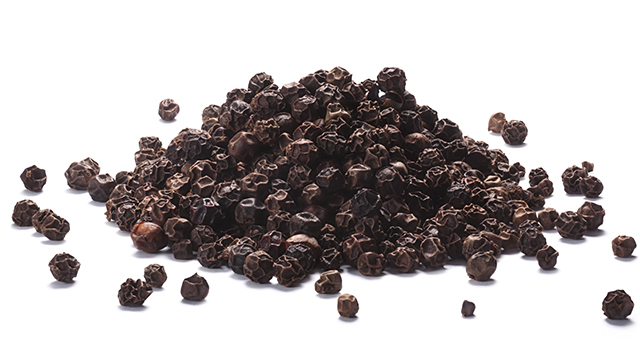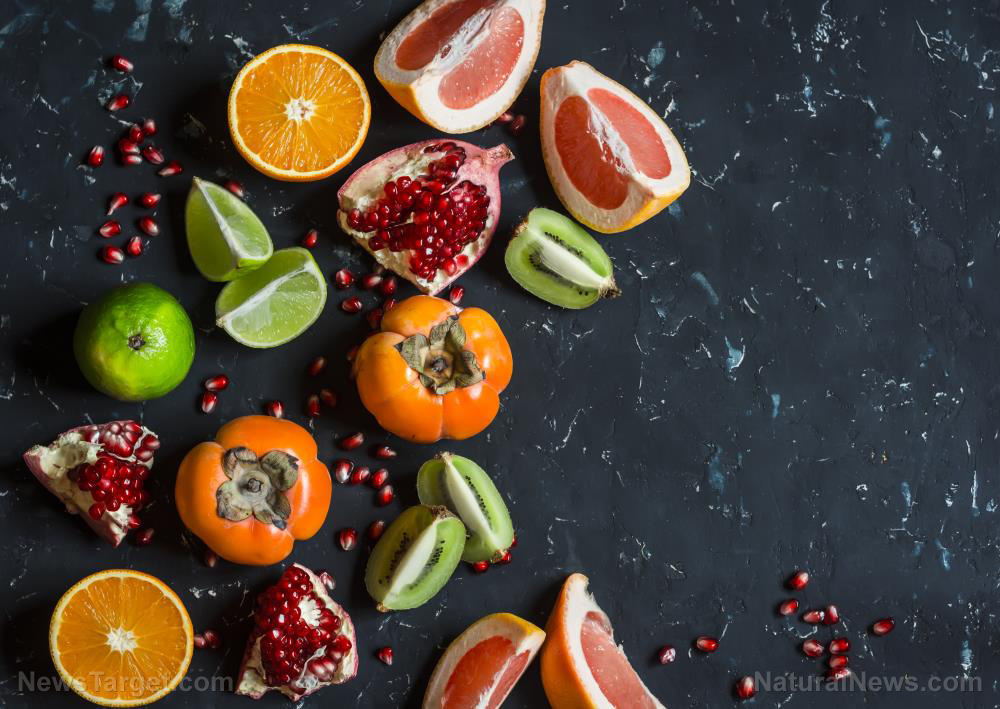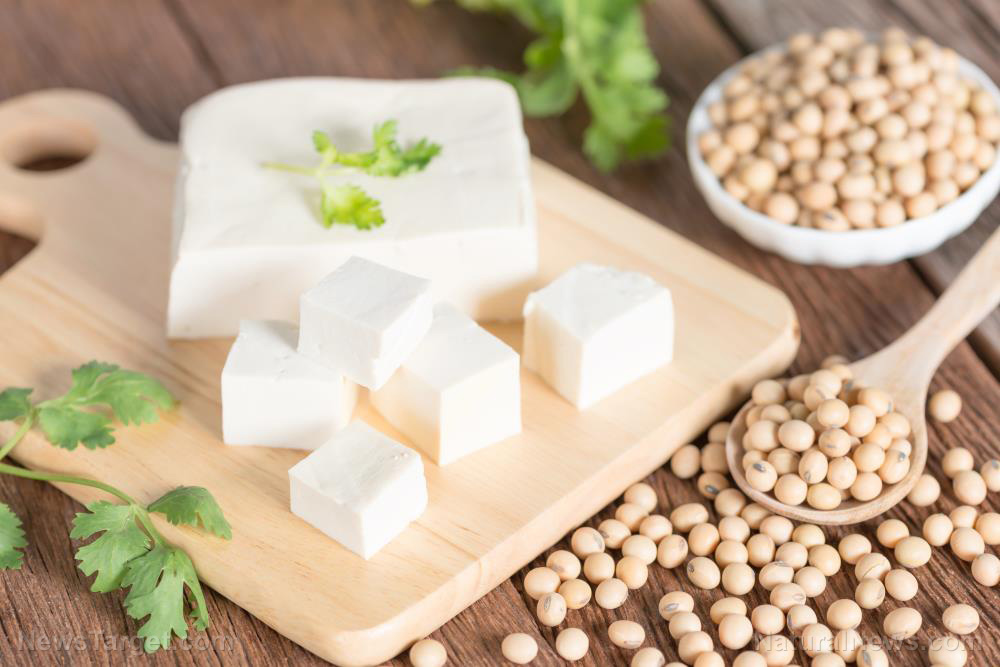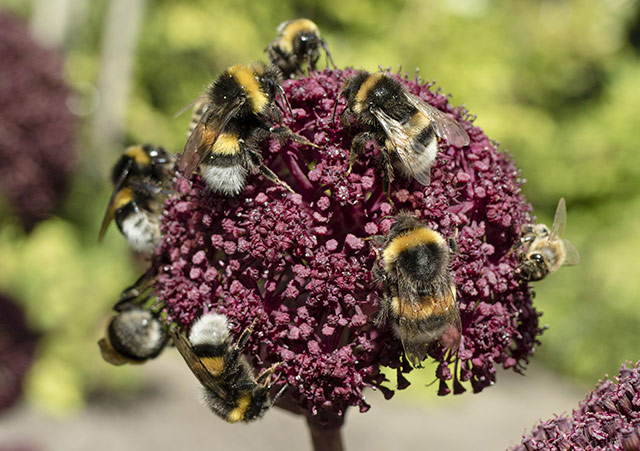Adding turmeric to green tea enhances its health benefits, study finds
03/16/2020 / By Evangelyn Rodriguez

Green tea is considered the healthiest beverage on the planet and is known for its amazing health benefits. For centuries, it has been consumed both as a food and as a natural medicine that helps clear the mind and rid the body of toxins.
Today, numerous studies on the beneficial properties of green tea credit it with possessing a variety of antioxidant compounds. Among these compounds, epigallocatechin-3-gallate (EGCG) is the most abundant and extensively studied. EGCG is said to reduce inflammation, aid in weight loss and even support heart health by lowering blood cholesterol levels. However, the effectiveness of EGCG is hindered by its poor bioavailability.
In an attempt to increase its absorption in the intestines, researchers from Rajarshi Shahu College of Pharmacy and Research in India decided to combine it with another potent plant compound. Like EGCG, curcumin from turmeric has plenty of beneficial properties but poor bioavailability. Despite this, the researchers found that curcumin can enhance the absorption of EGCG by increasing intestinal permeability. They discussed this finding in detail in an article published in BMC Complementary and Alternative Medicine.
EGCG and curcumin: a potent combo against hypercholesterolemia
According to previous studies, EGCG from green tea is effective against high blood cholesterol or hypercholesterolemia. However, its low bioavailability decreases its potential, especially in promoting heart health.
To solve this problem, the researchers first extracted EGCG from green tea leaves and confirmed its presence using chromatography. They then confirmed the compatibility of the green tea extract (GTE) with curcumin.
Using everted goat intestine, the researchers tested the effect of GTE alone or in combination with curcumin on intestinal permeability. They reported that the GTE-curcumin mixture showed higher permeation than GTE alone.
When they treated rats fed a high-fat diet with GTE or the GTE-curcumin mixture, the researchers found that the mixture exerted a significant lipid-regulating effect. At the end of the treatment, the rats that received the mixture had lower cholesterol, triglyceride, HDL, LDL and VLDL levels than the rats given GTE alone.
Based on these findings, the researchers concluded that curcumin can enhance intestinal permeability and consequently the absorption of EGCG. Hence, EGCG-curcumin formulations can be a promising nutraceutical for the treatment of hyperlipidemia.
The health benefits of EGCG and curcumin
EGCG is one of the four major catechins present in green tea. Catechins are phenolic compounds that are also found in berries and cocoa, and are known for their strong antioxidant activities. Besides preventing free radical damage, EGCG also helps prevent chronic diseases, thanks to its anti-inflammatory properties. Here are some of the health benefits linked to EGCG: (Related: It’s time to look at the benefits of a green tea detox.)
- Helps lower blood pressure
- Reduces triglyceride levels
- Promotes weight loss (in tandem with caffeine)
- Improves nerve function
- Prevents neurodegenerative diseases
Like green tea and many other spices, turmeric (Curcuma longa), whose main active component is curcumin, has a long history of use in traditional medicine. Today, turmeric is best known as the main ingredient in curry. But in terms of health-promoting properties, curcumin exhibits a wide variety. This includes antioxidant, anti-inflammatory, anti-aging, anti-viral and anti-cancer activities.
Here are the health benefits of consuming turmeric:
- Helps treat inflammatory conditions
- Protects against heart disease
- Helps prevent and treat cancer
- Relieves osteoarthritis symptoms
- Helps prevent or treat diabetes
- Protects the brain from neurodegenerative diseases
- Alleviates depression
- Relieves symptoms of rheumatoid arthritis
- Improves skin health
- Prevents eye degeneration
EGCG and curcumin are powerful antioxidant compounds that can do wonders for your health. Add green tea and turmeric to your daily diet, preferably in combination, to increase your body’s absorption of their active ingredients and enjoy their health benefits to the fullest.
Sources include:
Tagged Under: alternative medicine, curcumin, EGCG, food cures, food is medicine, foodscience, functional food, Green tea, heart disease, heart health, herbal medicine, high cholesterol, natural cures, natural medicine, nutraceuticals, phytonutrients, research, turmeric
RECENT NEWS & ARTICLES
COPYRIGHT © 2017 FOOD SCIENCE NEWS

